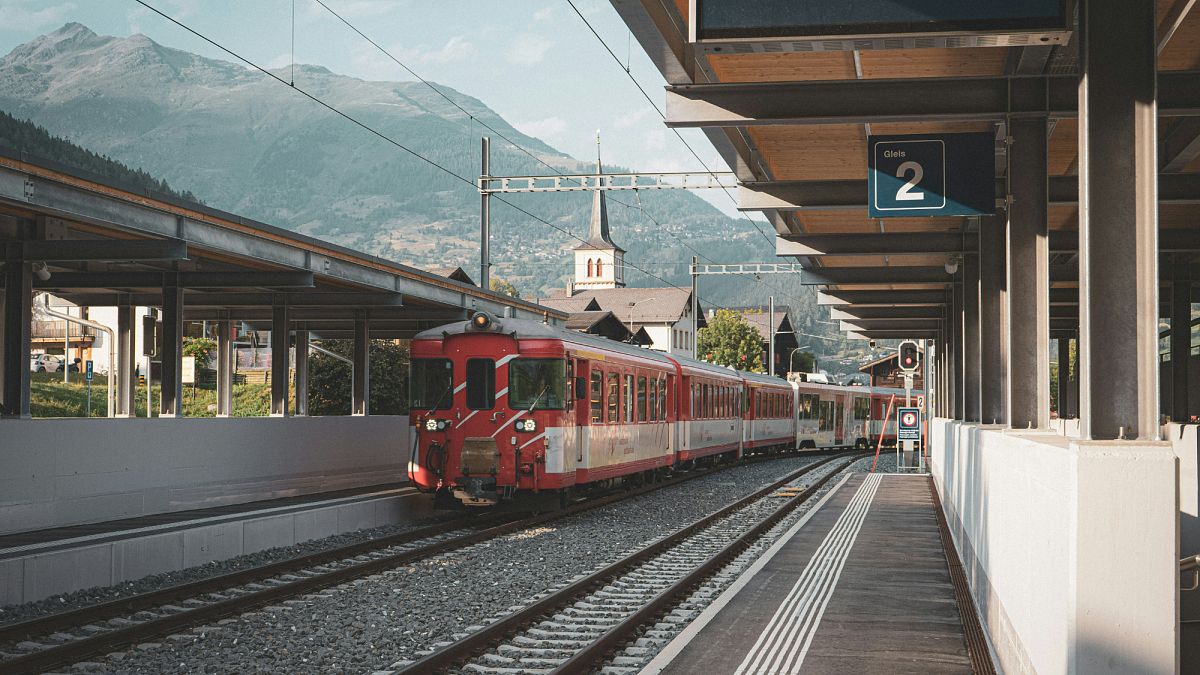Train travel is enjoying a booming renaissance, and Europeans are all for it, according to new research.
A survey of 11,000 people commissioned by rail manufacturer Hitachi Rail found that almost half of the respondents intend to travel more by train and less by plane in the next five years.
Globally, over seven in ten said they would use public transport more if it were better connected, and over half would use it even if it cost more.
Rail travel is on the rise in Europe
The new research found that citizens in countries around Europe and in North America anticipate train travel to soar in the coming years at the expense of flying.
Rail travel already accounts for around one-third (29 per cent) of long-distance journeys - those which are 2.5 hours or more.
One-third of people surveyed also expect to travel more by train in the next 12 months. For rail travel in the next five years, that increases to 40 per cent across countries and 49 per cent across cities.
In contrast, plane travel is set to stagnate, with only around 2 per cent expecting to fly more in the same time period.
Respondents said they anticipate their car travel growing, but by 50 per cent less than rail.
Two-thirds of Europeans back banning short-haul flights
The eagerness for more train travel in the future is also complemented by a clear majority (62 per cent) backing legislation to ban short-haul flights where high-speed rail alternatives exist.
In Europe, where there are an increasing number of high-speed rail routes, support rises to 67 per cent.
Such legislation has already been introduced in France, and has been proposed in Spain too.
In both countries, more than twice as many respondents are in favour of the ban as opposed to it, the research found. Those surveyed in both countries said they would even support stronger additional legislation (63 per cent in Spain and 56 per cent in France).
Across every place surveyed, more people backed funding new rail infrastructure with increased air or road taxes than those opposed to it.
The research also explored how to grow public transport usage, with passengers identifying crowding, affordability and convenience as the biggest challenges.
Across all countries included in the survey, over seven in ten said they would use public transport more if it were better connected, and this remained at over half even if it cost more.
“Those surveyed expect to increase their rail usage more than any other form of transport in the next five years, and they support government action to enable this,” said Edoardo La Ficara, group chief markets officer at Hitachi Rail.
“We, as an industry, have a crucial opportunity to meet this public demand by delivering a great sustainable mobility transition.”


